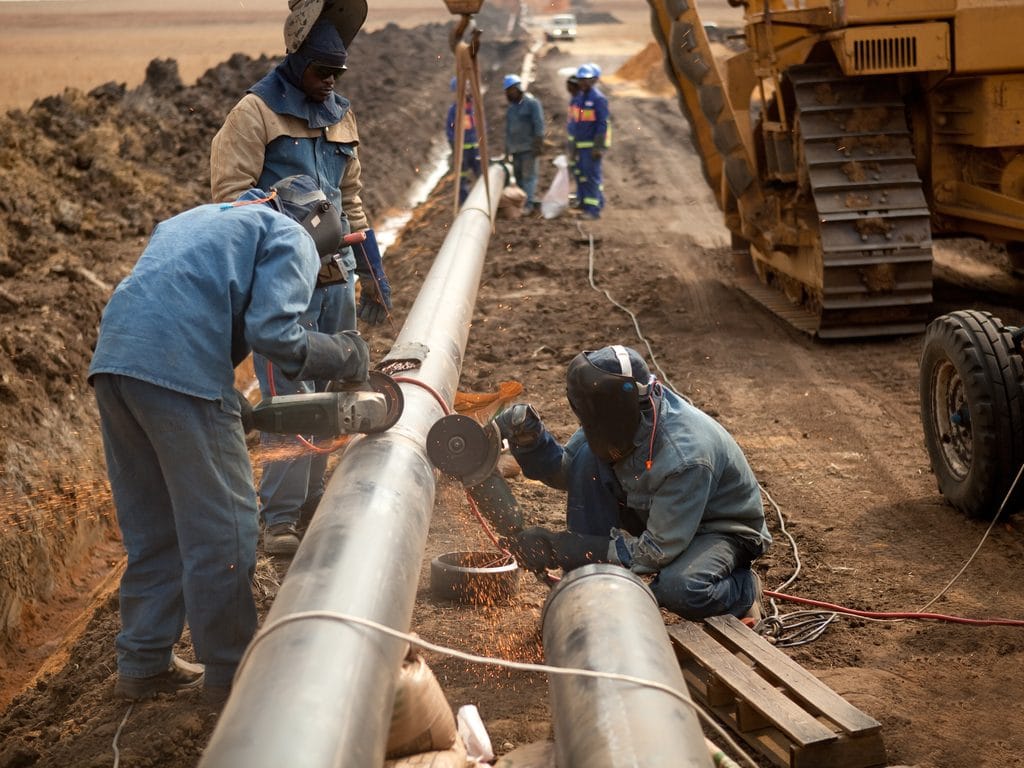Ivory Coast wants to modernise drinking water supply systems in the locality of Bédiékro. The work has just been launched by the minister in charge of hydraulics, Laurent Tchagba. As part of this project, five kilometres of pipelines will be built to provide drinking water to the community. Currently, the latter is equipped with improved village hydraulic systems (HVA). However, the authorities want to install urban hydraulic systems [HU]. According to the Minister of Hydraulics, quoted by the local press, “the locality of Bédiékro has been equipped with improved village hydraulics [HVA], but the increase in the population, which exceeds 600 inhabitants, requires a change of system”. The Minister also indicated that the work can be delivered within two months. All the works will cost 174 million CFA francs, representing some 266 thousands euros.
The project includes the construction of two water treatment plants and the rehabilitation of two water boreholes in Bédiékro. This infrastructure will meet the relevant technical standards, including those of the World Health Organization (WHO). These provisions will ensure the production of quality water.
According to figures provided by the Minister of Hydraulics, the water access rate in Ivory Coast was 80% in January 2019. At the same time, he announced that the government intended to invest more than €2 billion within two years to improve these results.
In parallel, Vergnet Hydro, through its subsidiary Saher, is implementing a project to build hybrid solar pumps in Aboisso. The Mé project, the St-Viateur project, the programme to strengthen the drinking water network in the city of Abidjan… are also under way. A series of projects that will enable 2,520,000 Abidjan residents to receive at least 100 litres of water per day per capita, as current production will increase by 252,000 cubic metres per day.
Luchelle Feukeng
